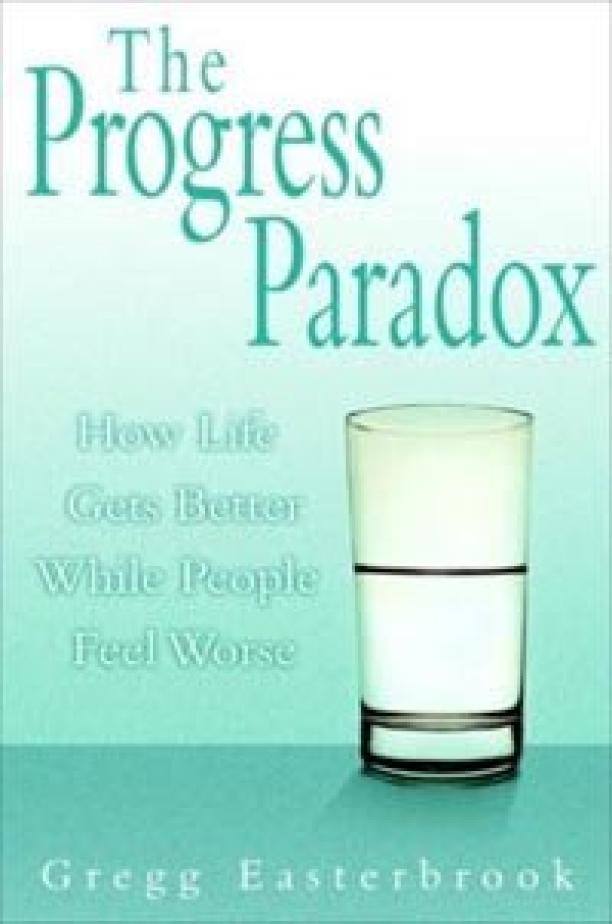Summary:
The book examines the discrepancy between the increasing quality of life in the Western world and the lack of corresponding happiness among its citizens, arguing that despite material and technological advancements, people are not feeling more satisfied. It explores various reasons for this paradox, including materialism, media influence, and a lack of fulfilling goals, while suggesting ways to improve personal and societal well-being.
Key points:
1. Wealth vs. Happiness: Despite more wealth and comfort, people aren't feeling happier. Improvements in health, income, and education don't always lead to increased personal happiness.
Books similar to "The Progress Paradox":
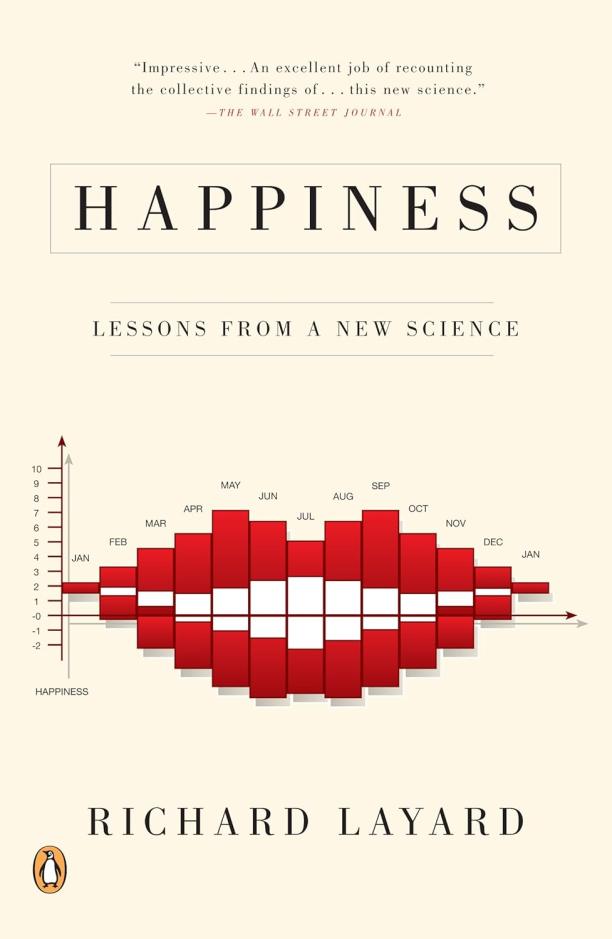
Happiness
Richard Layard
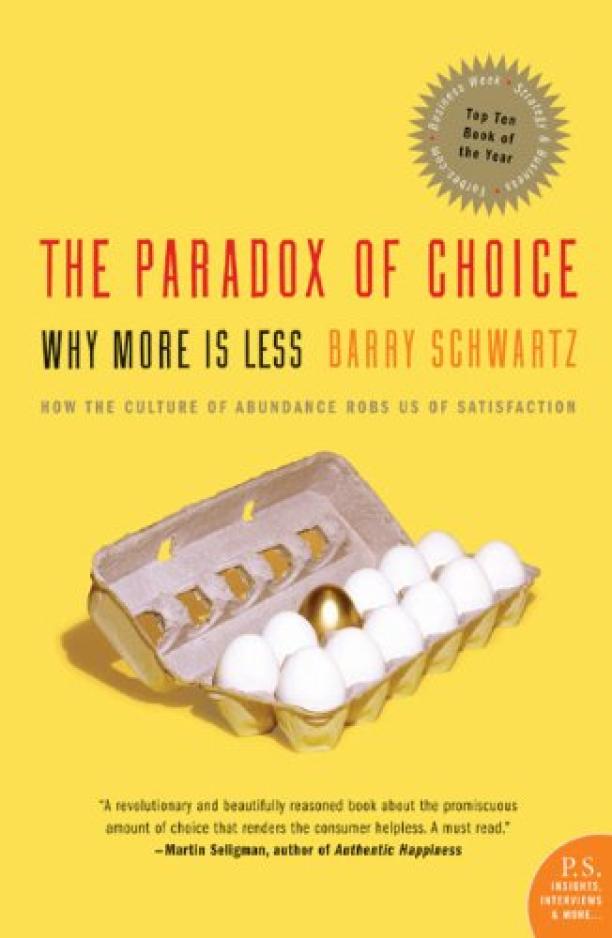
The Paradox of Choice
Barry Schwartz
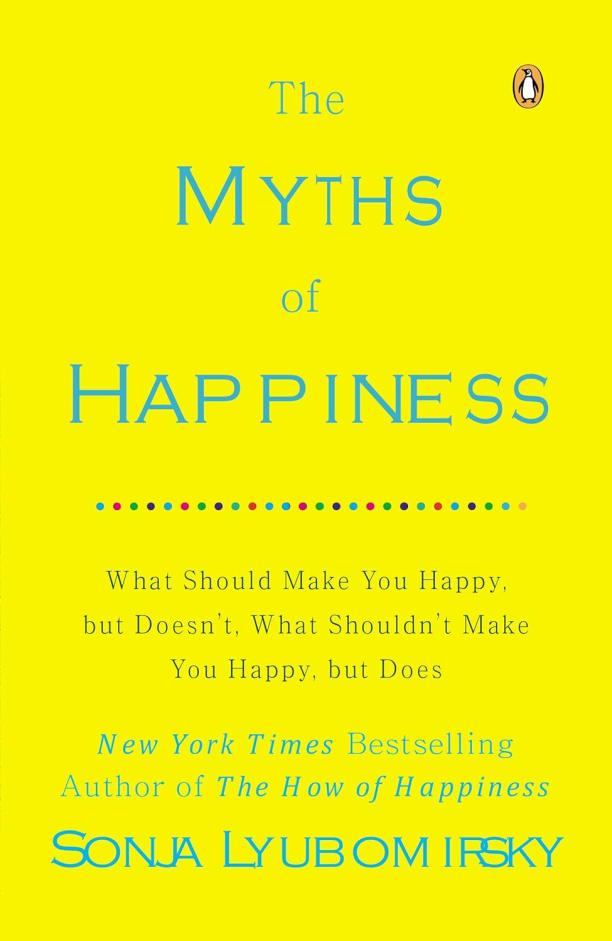
The Myths of Happiness
Sonja Lyubomirsky
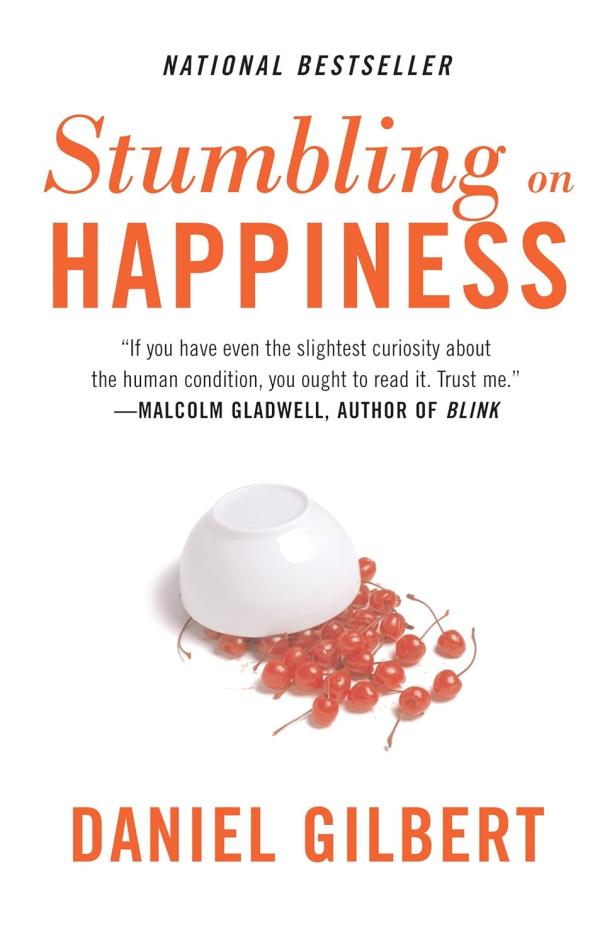
Stumbling on Happiness
Daniel Todd Gilbert
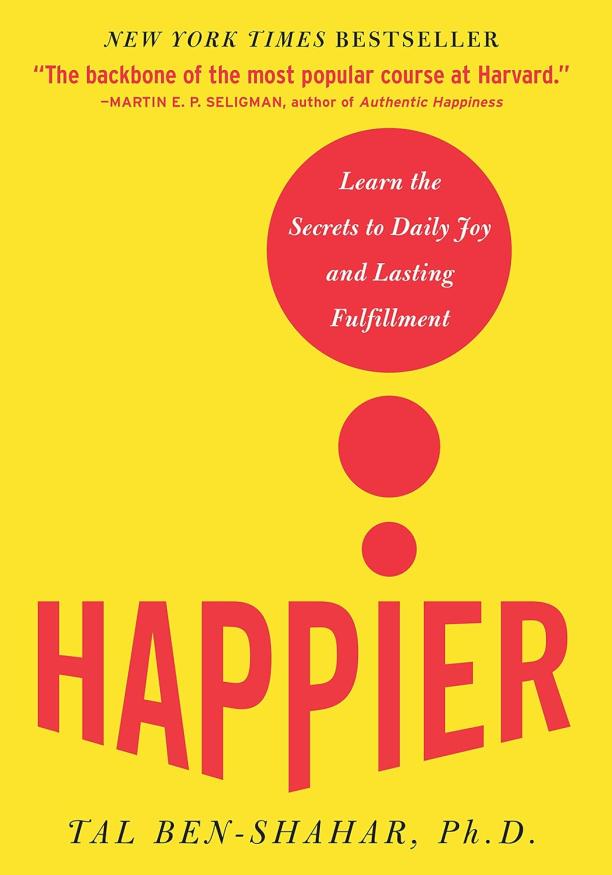
Happier
Tal Ben-Shahar
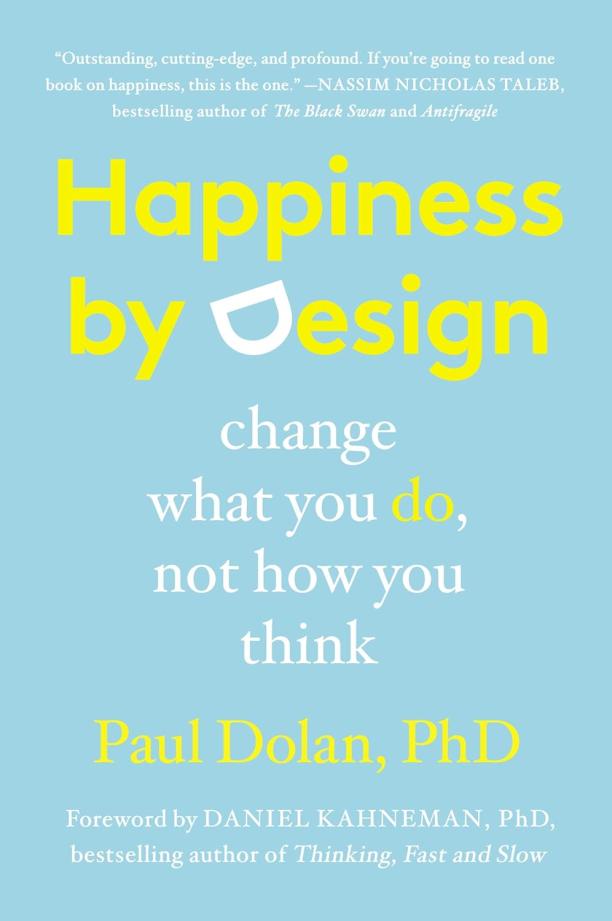
Happiness by Design
Paul Dolan
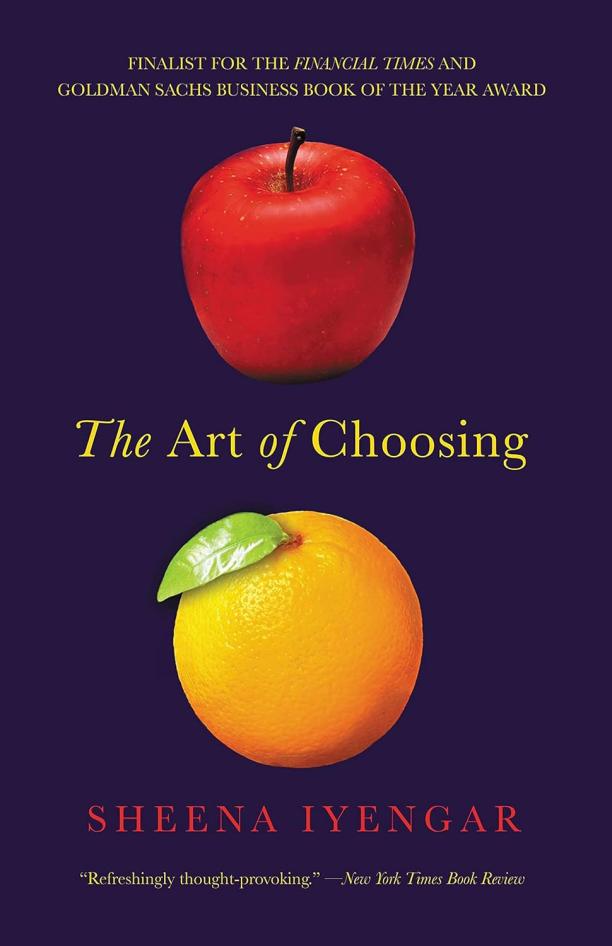
The Art of Choosing
Sheena Iyengar
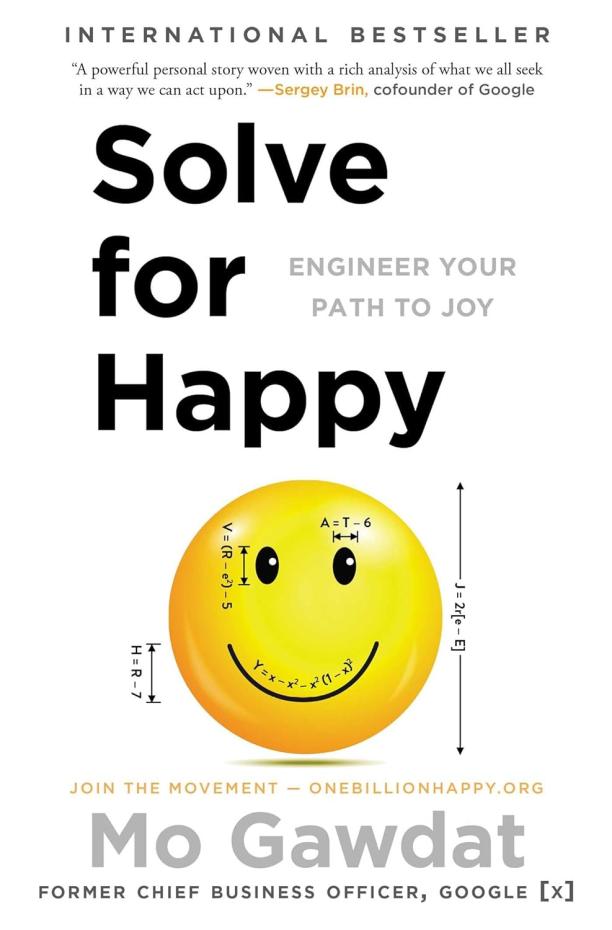
Solve for Happy
Mo Gawdat
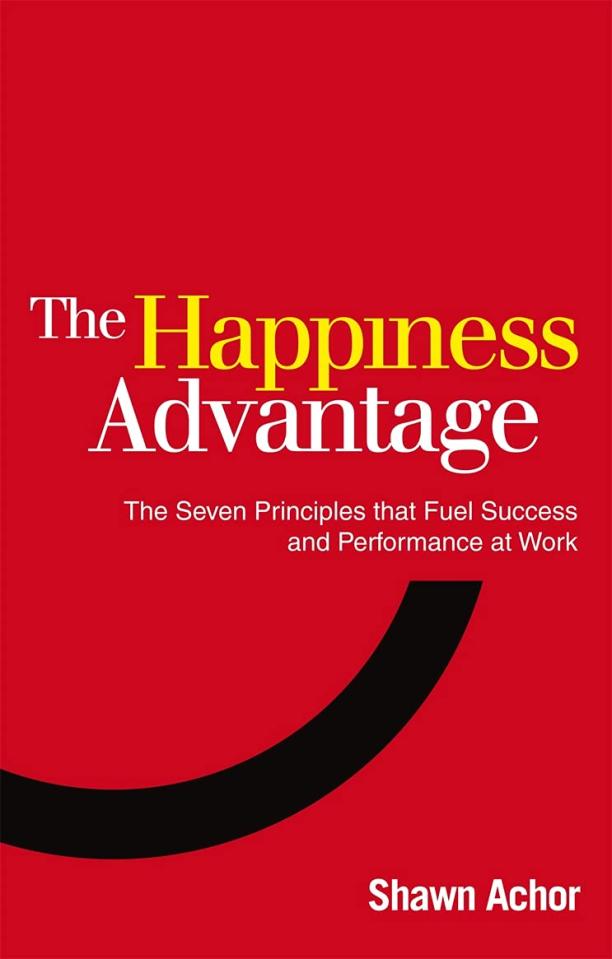
The Happiness Advantage
Shawn Achor
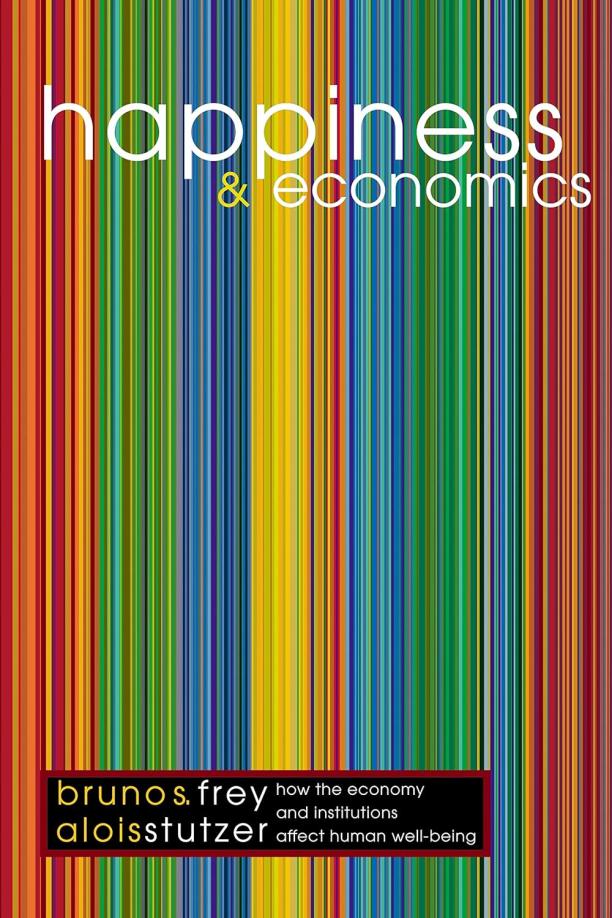
Happiness and Economics
Bruno S. Frey|Alois Stutzer
